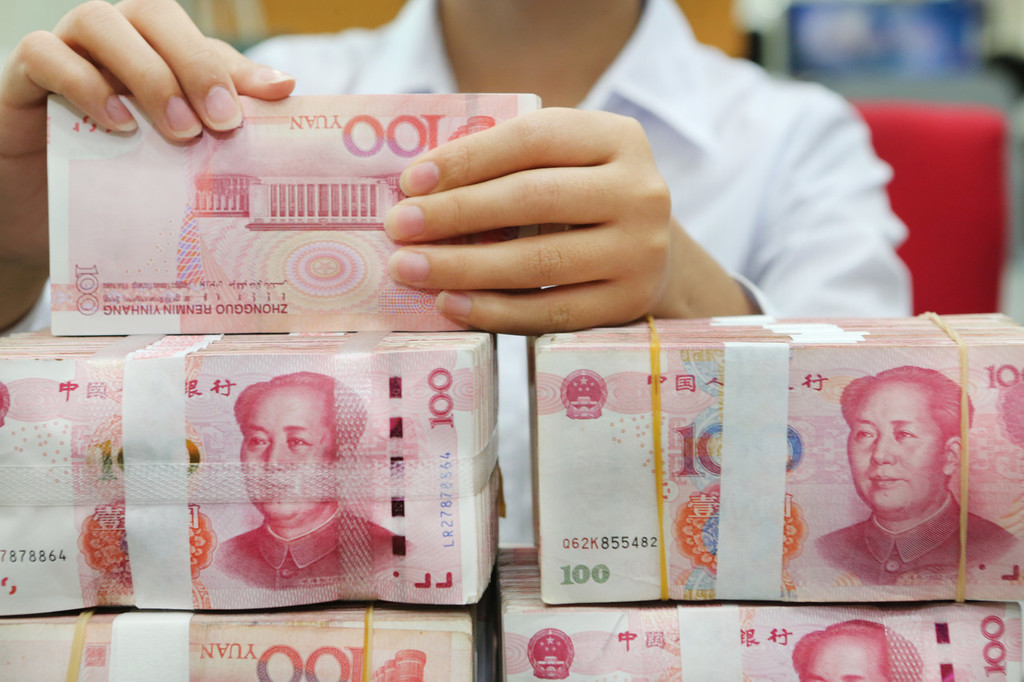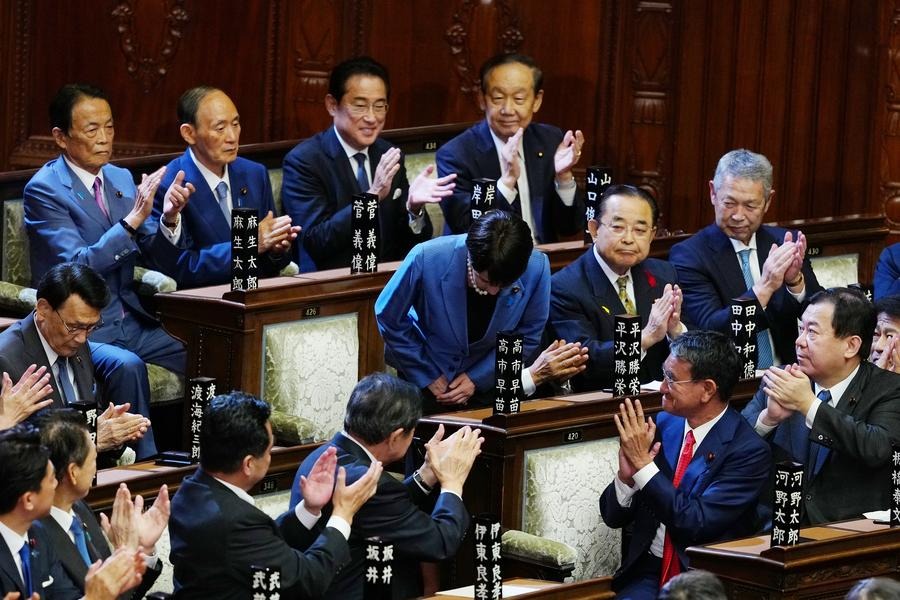Fiscal reform would help boost demand


The World Health Organization's recent declaration that the new coronavirus outbreak in China is a Global Public Health Emergency of International Concern will have a great influence on China's politics and economy.
China has taken resolute actions to deal with the outbreak. But the battle shows the country needs to strengthen its emergency mechanism, and further build up its economic strength so it can better withstand such challenges. The lack of consumption demand during the outbreak should be addressed. Therefore, China needs to advance reforms in various aspects.
Faced with the impact of the novel coronavirus outbreak and China-US economic and trade frictions, an effective way for China to increase its demand would be to accelerate reform of its fiscal system, which would help make up for the slower economic growth and weakened export market. China's total fiscal budget is only 28 percent of its GDP, much lower than other similar-income countries, not to mention the majority of OECD economies.
According to a World Bank report, the social services and other consumption needs provided by China's fiscal budget remain the third-lowest in the world in terms of percentage of GDP, which also explains why China's overall consumption ratio (in the household and government sectors) is 10-15 percent lower than that of other similar countries. If China advances much-needed fiscal reform, it could boost government spending by 4-5 percent as a percentage of GDP. That would ensure that China has enough demand to sustain its economic growth rate at around 6 percent a year.
To this end, China needs to first optimize its tax structure. After the business tax was replaced by the value-added tax, the tax rate still needs to be further lowered. In terms of revenue structure, China should improve the systems for levying corporate income tax and individual income tax, and raise the proportion of these two taxes in government revenue. The VAT rate should be restructured, and the tax rate for some products containing carbon can be raised to 30 percent. At the same time, the current income distribution should be improved and inheritance and gift taxes established.
Second, China should optimize the spending structure and substantially increase unemployment insurance. In addition, it must substantially raise the level of subsidies for subsistence allowances for urban and rural residents. In order to improve income distribution and promote long-term economic growth, subsidy programs for the children of poor families should be put in place to address the problem of the intergenerational transmission of poverty.
In order to better solve the social security problems caused by the new coronavirus outbreak, the government should establish an effective governance infrastructure, setting up a unified social security number system that can facilitate macro-regulation and income distribution adjustment.
Faced with the impact of the novel coronavirus outbreak and China-US economic and trade frictions, China can implement reform to further encourage competition neutrality and break up established monopolies. The government should allow the private sector to play a bigger role and allow more sectors to compete with each other. Breaking up monopolies and promoting greater economic innovation would help boost growth.
Given that the private sector now accounts for 60 percent of China's total economic output and 80 percent of employment, it makes sense for China to pursue an anti-monopoly agenda. As the country's economic growth may face even more severe downward pressure especially in the first quarter, the government should introduce more polices to help the micro and small enterprises survive, and encourage the dynamic ones to play a bigger role in creating jobs and fuel growth.
Liu Weiping is a researcher at China Development Bank and a professor of economics at Wuhan University. Chen Jiyong is a professor at Wuhan University and president of the China American Economic Association. The views don't necessarily represent those of China Daily.


































